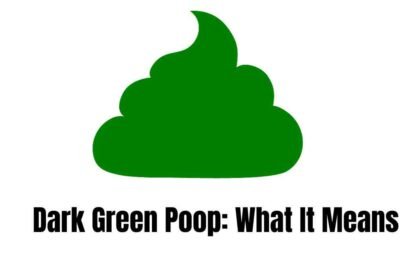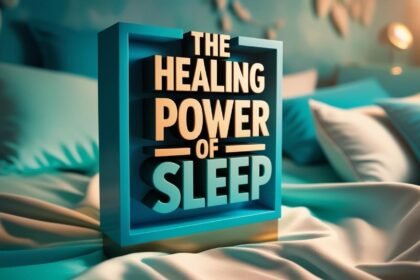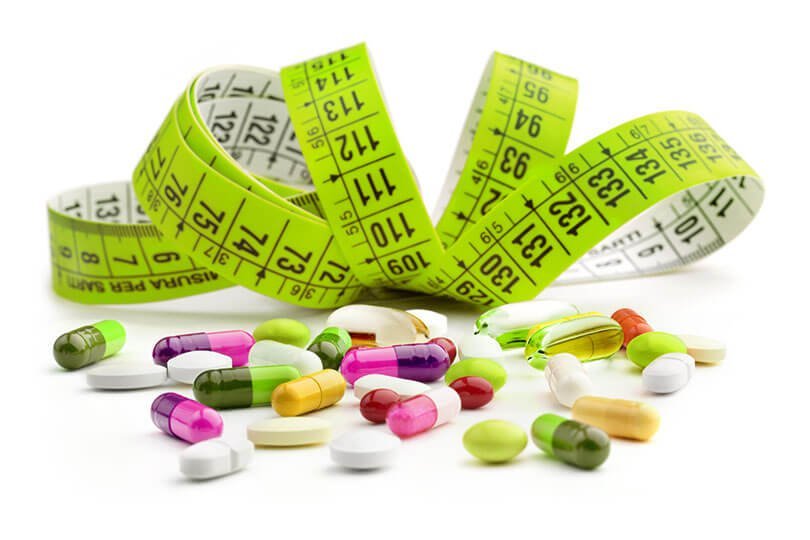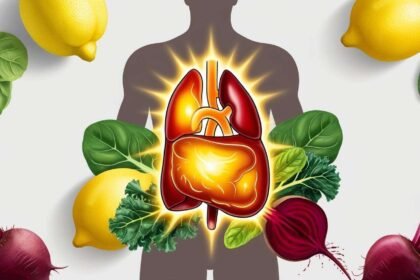Morning coffee has an undesirable side effect for many habitual consumers: it induces bowel movements. But if coffee helps you go to the bathroom, why is that? The secret is in the special chemistry of coffee beans.
1. Caffeine – The Stimulant
The stimulating effects of coffee are widely attributed to caffeine. Caffeine is a central nervous system stimulant that can help you stay awake and focused for a short period of time.
Caffeine, however, also activates your digestive system’s muscles. Caffeine speeds up transit time and waste elimination by increasing the strength and frequency of muscular contractions in the colon and intestines, according to scientific studies.
Caffeine has a dose-dependent stimulant impact on the intestines; the more coffee you consume, the bigger the effect.
2. Chlorogenic Acids – The Laxatives
Coffee beans not only contain caffeine but also a class of compounds known as chlorogenic acids that serve as stimulant laxatives. Peristalsis, the coordinated movement of your digestive muscles, is boosted by chlorogenic acids.
In other words, your stomach will empty faster after consuming coffee because of this effect. The intestines are stimulated, which speeds up the transit time of stool to the rectum and causes the laxative action.
Chlorogenic acids also cause the stomach to produce more acid, which can improve movement.
3. Trigonelline – Promotes Gastric Acid Secretion
Trigonelline, another chemical found in coffee, has been demonstrated to increase intestinal muscle contractility and stomach acid secretion.
In addition to aiding in digestion, an increase in acid levels in the digestive tract also makes intestinal contents more acidic, which in turn stimulates bowel motions.
Drip coffee is more efficient at extracting trigonelline from coffee beans than other preparations like espresso.
4. Diterpenes – Irritation and Loose Stools
The diterpenes cafestol and kahweol can be found in coffee oils. They can aggravate the gastrointestinal tract and trigger inflammation. This discomfort triggers defecation reflexes, resulting in more frequent and loose bowel movements.
The largest concentrations of cafestol and kahweol are seen in unfiltered coffee preparations like the French press. The laxative impact of oils containing diterpenes can be mitigated by filtering them through paper.
5. Increased Gastric Motility
Substances in coffee have been shown to stimulate gastric motility, the stomach’s natural ability to contract and spasm on its own. According to one study, decaf coffee can boost stomach activity by 60% for at least an hour.
Rapid emptying of the stomach into the small intestine is facilitated by the increase in gastric contractions and motility, which also helps to direct feces in the direction of the rectum.
6. Increased Colonic Secretions
Coffee’s ability to induce colonic secretions is a result of its transit from the stomach to the small intestine. Caffeine and coffee oils both stimulate muscarinic receptor activity in the colon by stimulating the nerve cells that control bowel movements (cholinergic neurons).
This causes increased intestinal secretions and subsequent diarrhea. Coffee also stimulates the colon to create more mucus, which helps move stools along by lubricating them.
7. Decreased Absorption of Fluids
Coffee’s laxative effects can be traced back to the decreased fluid absorption that occurs in the intestines while drinking it. Coffee reduces the colon’s ability to absorb fluids because it increases colonic motility and stimulates gastric acid output.
Stools retain more moisture and become softer as less water is reabsorbed by the body from the colon. The extra fluid in the colon makes bowel motions more frequent and causes the stool to be more bulky.
8. Increased Release of Rectal Muscles
Coffee is said to include substances that both trigger defecation signals and reduce rectal resistance. Coffee has the opposite effect on the rectus muscle, relaxing the inner circular muscle while tightening the outer longitudinal muscle.
Coordination of these factors relaxes the anal sphincter muscles and decreases resistance to feces passing through, speeding up bowel motions. This facilitates the emptying of the rectum.
9. Increased Gastrocolic Reflex
If you drink coffee first thing in the morning on an empty stomach, you may set off the gastrocolic reflex, a physiological response that regulates bowel movement. When you drink coffee, the colon gets a signal that food is on the way because of the temperature change.
This causes the big intestine to contract and push the trash along. As a result, coffee speeds up the elimination of waste from the colon in preparation for the arrival of meals.
10. Liver Production of Bile
Coffee stimulates the liver and causes it to produce more bile, which has an indirect laxative effect. Coffee stimulates the release of bile acids, which speeds up peristalsis in the intestines.
Increased bile acid secretion causes diarrhea by increasing stool volume and wetness. Caffeine and kahweol in coffee both stimulate the liver to produce more bile.
11. Individual Sensitivities
Most people find that coffee has a laxative effect on them, however this can vary greatly depending on factors like genetics and tolerance. Caffeine’s effects can linger in the bodies of those whose metabolisms are slower.
Some people may be allergic or sensitive to substances in coffee that slow down bowel movement. The laxative effect of coffee may be more noticeable to new or infrequent coffee users than to habitual or long-term coffee drinkers.
Over time, the bowel might build up a tolerance to coffee, reducing the intensity of the effect.
12. Dose-Dependent Effect
Coffee has a dose-dependent laxative effect, meaning that drinking too much of it has a greater effect. Large amounts of coffee, especially really strong brews, might overwhelm the intestines and cause diarrhea or constipation.
The laxative chlorogenic acids are found in significantly larger amounts in lighter roasts. Caffeine in espresso is the most concentrated of any beverage. An severe gastrocolic response can be triggered by gulping down a pot of coffee quickly first thing in the morning on an empty stomach.
13. Other Factors
Coffee’s pharmacological effects on promoting bowel motions are direct, but other factors may also play a role. The volume load from adding milk or cream to coffee might trigger the gastrocolic reflex.
Coffee’s high warmth triggers a gag reflex in some people, causing them to have to go to the bathroom. Psychological and conditioned variables also play a role, as the morning practice of drinking coffee prepares the body for elimination.
Preventing Coffee-Induced Diarrhea
There are certain things you can do to lessen the likelihood that your morning coffee will give you diarrhea so that you can keep drinking it.
- Gradually increase coffee intake to build tolerance
- Avoid drinking coffee on a completely empty stomach
- Use paper filters to reduce oils containing diterpenes
- Drink a less intense roast or use half-decaf beans
- Limit total daily coffee intake to 2-3 moderate cups
- Prevent cream or milk from exacerbating the gastrocolic reflex
- Stay well hydrated to compensate for fluid loss
Having loose stools or a feeling of urgency after drinking coffee is possible, but can be mitigated by following these precautions. Know your own coffee tolerance so you may adjust your consumption properly.
- Coffee induces motor and secretory responses in the human rectosigmoid colon. https://www.nature.com/articles/gt2010111
- Effects of coffee on gastrointestinal function: a review. https://www.ncbi.nlm.nih.gov/pmc/articles/PMC5456451/
- Colonic motility: effect of coffee and a common ingredient. https://www.ncbi.nlm.nih.gov/pubmed/7191266
- The cholinergic effects of coffee. https://www.ncbi.nlm.nih.gov/pubmed/11880595
- Influence of coffee lipids on epithelial cell proliferation in vitro. https://www.ncbi.nlm.nih.gov/pubmed/1921145
- Effects of caffeine on the gastrointestinal tract. https://www.ncbi.nlm.nih.gov/pubmed/16633908
- The acute effect of coffee on colonic motor activity. https://www.ncbi.nlm.nih.gov/pubmed/65444
- Coffee stimulates proximal colon motility via the adrenergic pathway. https://www.ncbi.nlm.nih.gov/pubmed/26646103
- The gastrocolic response: evidence for a neural mechanism in humans. https://www.ncbi.nlm.nih.gov/pmc/articles/PMC4115937/
- Coffee consumption stimulates bile acid secretion in rats. https://www.ncbi.nlm.nih.gov/pubmed/10759242
- Individual sensitivity to coffee and caffeine: implications for research and policy. https://www.ncbi.nlm.nih.gov/pmc/articles/PMC4772032/












